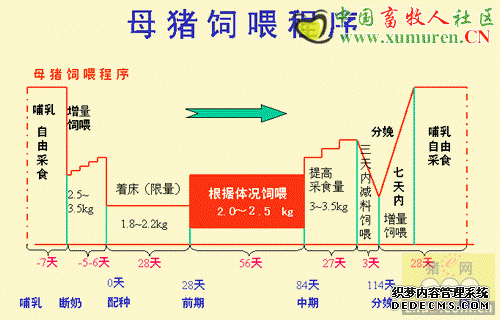Farmers Follow The Rules
Farmers know that the fundamental roots of agriculture are clean water and healthy soil. They want proper safeguards in place to protect water quality and everyone抯 health. Some examples of federal and provincial environmental laws Ontario farmers follow are:Farming and Food Production Protection ActDrainage ActEnvironmental Protection ActFisheries ActLakes and Rivers Improvement ActOntario Water Resources ActPesticides ActFarmers have long been asking for legislation to govern the use of all nutrients applied to the land. In 2003, the Ontario government took significant steps to ensure water quality byintroducing three new laws:Nutrient Management ActSource Water Protection ActDrinking Water Act
Being Neighbourly
The practice of spreading manure does not have the severe impact on neighbours one might have assumed3. In a recent study, based on manure spreading schedules that averaged twice per year:58% of neighbours reported that they did not have to change their normal activities due to nearby livestock farmer operation83% of neighbours never expressed a concern about the nearby livestock operationlivestock farmers have consistently been proactive in the effort to maintain good neighbour relations.3Cultivating goodwill and trust in the community is paramount to the successful livestock farmer. Farmers do not want to interfere with the lifestyles of their neighbours and readily welcome the opportunity to explain their farming practices.
Responsible Growth Is The Key
A growing world population who needs to be fed with less land available for growing food presents the ultimate challenge for farmers. Canadians are fortunate to have such a land rich country. The key is to plan for the future responsibly, in both urban and farm development.
Canadian livestock farmers are poised to meet this demand with a delicate balance between environment, community and economics. To maintain the balance, they must protect the environment, consider potential impacts their farm may have on the community, and aim for a fair return on their investment.
Tuned Into Public Concerns
Farmers follow best management practices and continually invest in research to:Better protect water wells and decommission abandoned wellsRestrict livestock access to waterways when neccessaryEstablish buffer zones of plants and erosion control measures along waterwaysEnhance milkhouse water treatmentsUpgrade septic systemsEnsure air quality is not jeopardizedMinimize potential human health issues, such as E.coli
Water Quality - Important To People and Animals
Watercourses can be a natural creek or stream or a constructed municipal drain. Farmers have helped to improve water quality by:reducing soil erosion and agricultural input runoff into waterwaysimproving the handling of fertilizers, manure and pesticidesprotecting waterways with buffer zones, dedicated areas of land, used to preserve soil and maintain water quality; and windbreaks, rows of trees or shrubs, used to prevent soil erosion and minimize odour.
Tapping into the Facts
Canada抯 renewable fresh water resources are 11 times greater than the United States - 28.7 million gallons of fresh water for every Canadian, compared to 2.6 million gallons for every American.
Daily water use per human is estimated at 227 litres per day for all uses.
A pig uses 7 litres of water per day.1
A mature beef cow uses between 35 to 66 litres of water per day.2
One inch of rain puts 100,000 litres of water on an acre of land.
Average liquid manure application = 15,000 litres on an acre of land.
Commitment To Research
One thing is certain - if we are to feed growing human populations worldwide, while preventing damage to the environment and natural processes - the agricultural industry must continue to make advances.
Finding new and better ways to raise livestock while protecting the environment is important to farmers. Investing in research is part of their commitment to maintain the balance between responsible growth, protecting the environment and the health of all citizens.
University of Guelph and Manitoba researchers are tackling the odour issue at the source - changing animals?diets can minimize nitrogen and phosphorus excretion losses and reduce manure odour.
The University of Waterloo is evaluating liquid manure storage systems to assess potential impacts on groundwater.
The Advanced Manure Management Technologies for Ontario scientifically evaluates manure management technologies to determine their effect on things such as groundwater and air quality.
Ontario抯 pork farmers are funding research to look at the use of swine manure to control soil-borne diseases, such as potato blight.
声明
来源:互联网
本文地址:http://farm.00-net.com/yz/zhu/5/2007-09-20/142362.html








